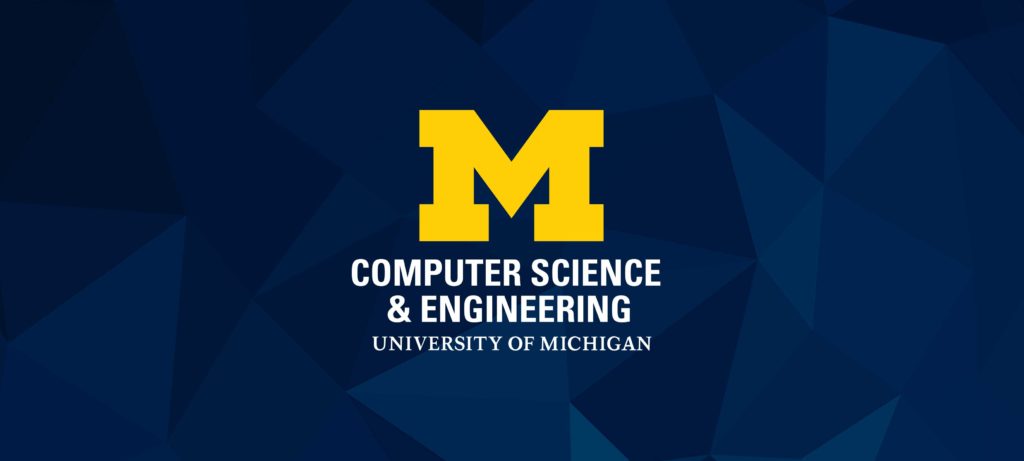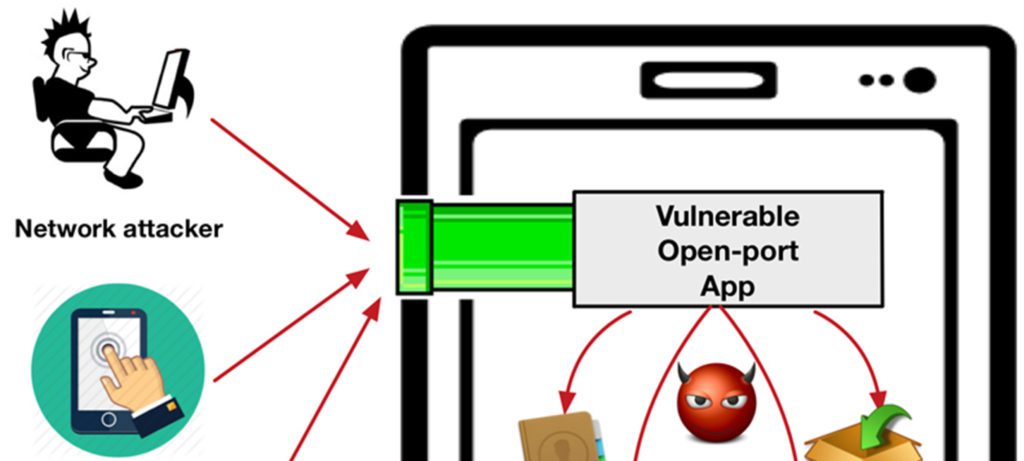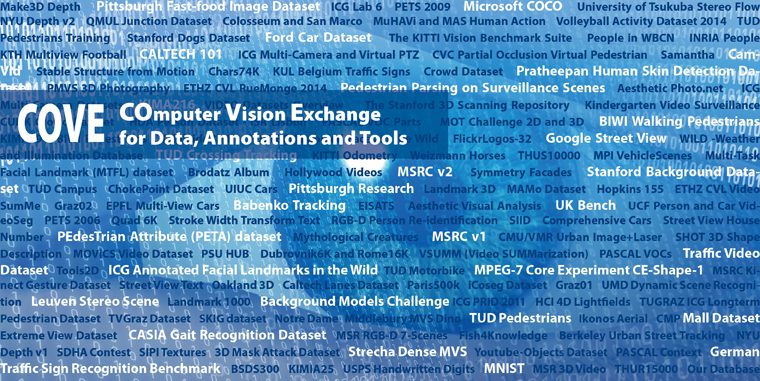New Vroom software could double its speed.


New Vroom software could double its speed.

Since graduating from U-M, Eric N. Vander Weele has helped grow Bloomberg’s technology division and increased efficiency and production for employees and clients.

Researchers have for the first time characterized a widespread vulnerability in the software that runs on mobile devices.

Trippel’s research interests lie in embedded systems and IoT security and privacy for the purpose of building safe and reliable autonomous systems.
Clinc has built Finie, the world’s most advanced voice-controlled A.I. platform for banking.

Finie, which can be referred to as the “Siri” of personal banking, is an artificial intelligence platform for banks that helps customers talk to their bank accounts in a natural and conversational way.

Centralizing available data in the intelligent systems community through a COmputer Vision Exchange for Data, Annotations and Tools, called COVE.
Secrets lurk in the dark web, the 95 percent of the internet that most of us can’t see. One U-M professor is bringing some of those secrets to light, making the digital and the real world a little safer.
A total of five papers authored by CSE researchers were presented.

A Q&A with the Michigan Engineering alumni who founded Twilio, a “unicorn” in the tech industry.